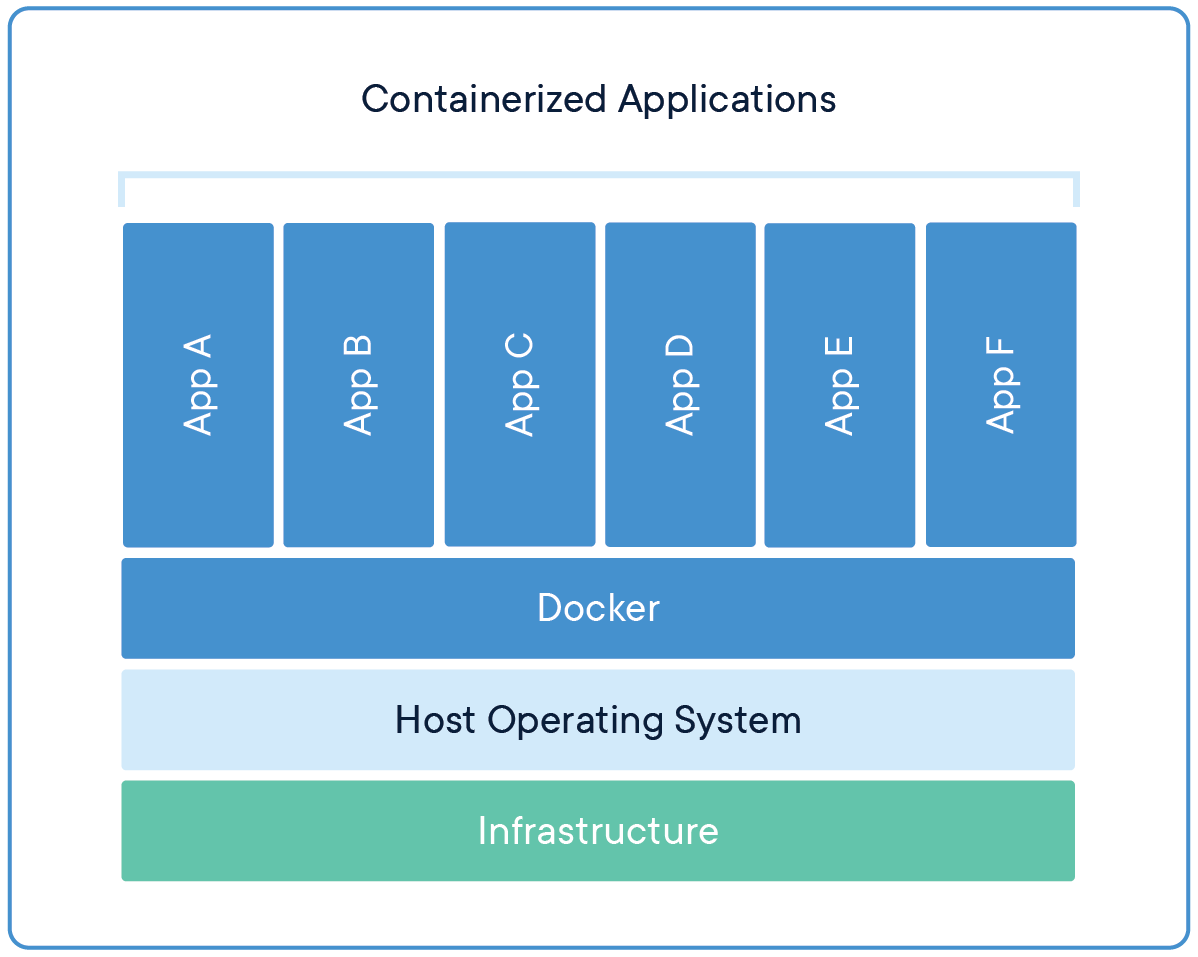
Containers: Empowering Modern Software Deployment
In the ever-evolving landscape of software development, staying ahead of the curve is crucial for success. Modern software deployment is no longer just about writing code; it's about ensuring that your applications run seamlessly across diverse environments while being scalable, reliable, and easy to manage. This is where containers come into play, revolutionizing the way we develop, deploy, and maintain software.
Containers: The Building Blocks of Modern Deployment
Containers are lightweight, standalone executable packages that encapsulate everything an application needs to run, including code, runtime, libraries, and system tools. They isolate applications from their underlying infrastructure, providing a consistent and predictable environment. This fundamental shift in deployment methodology brings several empowering benefits:
-
Portability: Containers can run consistently across various environments, from a developer's laptop to a production server or even across different cloud providers. This ensures that what works on a developer's machine will work the same way in production.
-
Efficiency: Containers are incredibly lightweight and start quickly. They share the host OS's kernel, reducing overhead, and resource utilization is optimized, allowing you to run more containers on a single host than traditional virtual machines.
-
Isolation: Each container is isolated from others, ensuring that changes or issues in one container won't affect others. This isolation enhances security and reliability.
-
Scalability: Containers can be easily scaled up or down to meet demand. Container orchestration platforms like Kubernetes automate this process, ensuring your applications are always responsive.
-
DevOps and CI/CD: Containers are an essential part of the DevOps and continuous integration/continuous deployment (CI/CD) pipeline. They allow developers to package applications and dependencies into a container image, which can be versioned, tested, and deployed automatically.
-
Microservices: Containers are a natural fit for microservices architectures. Each microservice can be packaged in its own container, making it easier to develop, deploy, and scale individual components of a complex application.
Docker: The Container Revolution Leader
Docker, an open-source platform, played a pivotal role in popularizing containers. Docker provides a user-friendly interface for creating, managing, and sharing container images. It introduced the Dockerfile, a simple way to define container configurations, making it accessible to developers of all skill levels.
Kubernetes: Orchestrating Container Power
As the adoption of containers grew, so did the need for a tool to manage containerized applications at scale. Kubernetes emerged as the de facto container orchestration platform. It automates container deployment, scaling, and management, ensuring high availability and resilience. Kubernetes has become the backbone of modern containerized applications, empowering organizations to build robust, cloud-native solutions.
The Future of Modern Deployment
Containers have not only transformed how we deploy software but also how we think about application architecture and infrastructure. As technology evolves, containers will continue to play a pivotal role in enabling the next generation of applications.
In conclusion, containers have reshaped modern software deployment, providing portability, efficiency, isolation, scalability, and automation. Docker and Kubernetes have become essential tools in the developer's toolkit, enabling them to create, manage, and scale applications with ease. Embracing containers is not just a trend; it's a fundamental shift in how we build and deploy software, empowering us to meet the demands of the digital age head-on. So, whether you're a developer, an operations engineer, or a business leader, containers should be on your radar as a key enabler of modern software deployment.
Chung Nguyen
